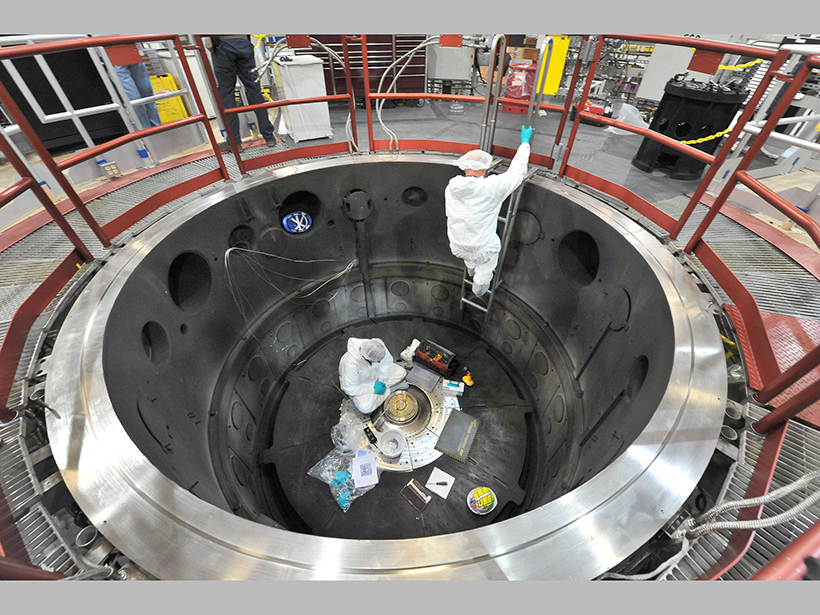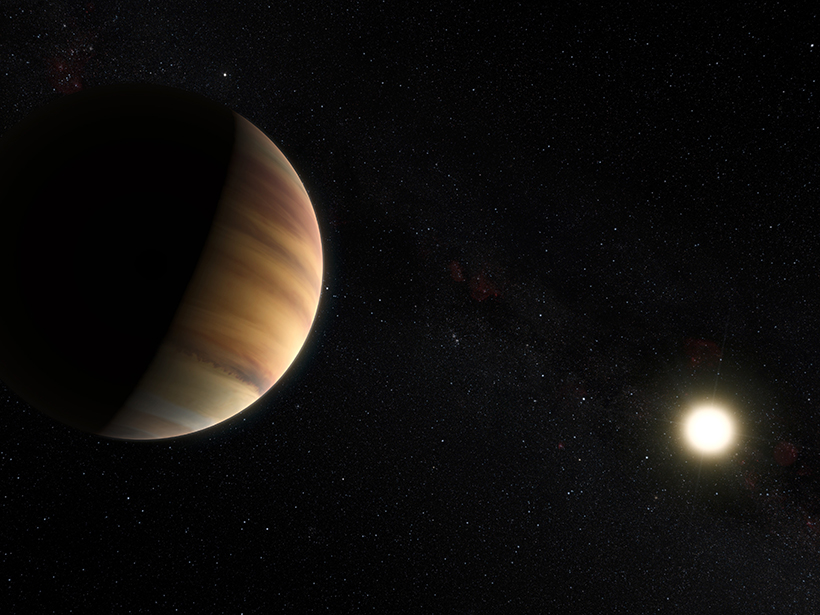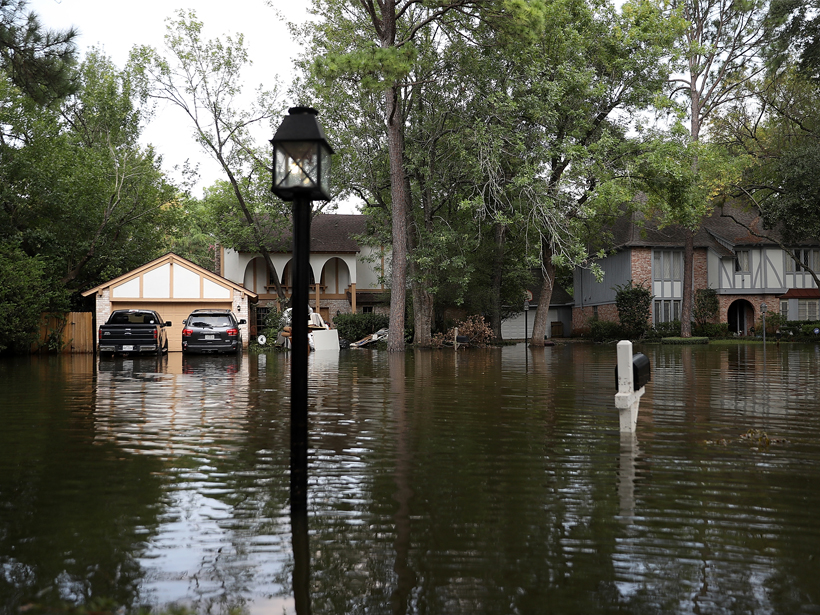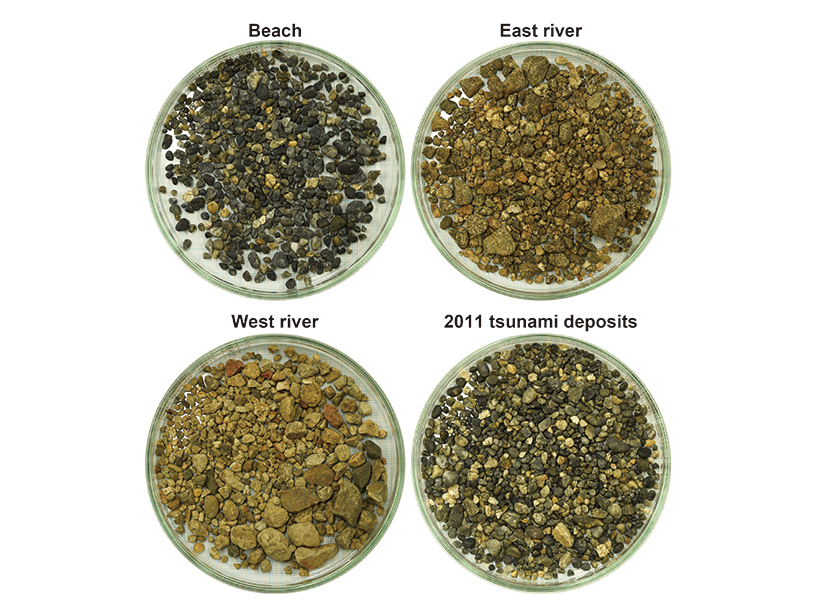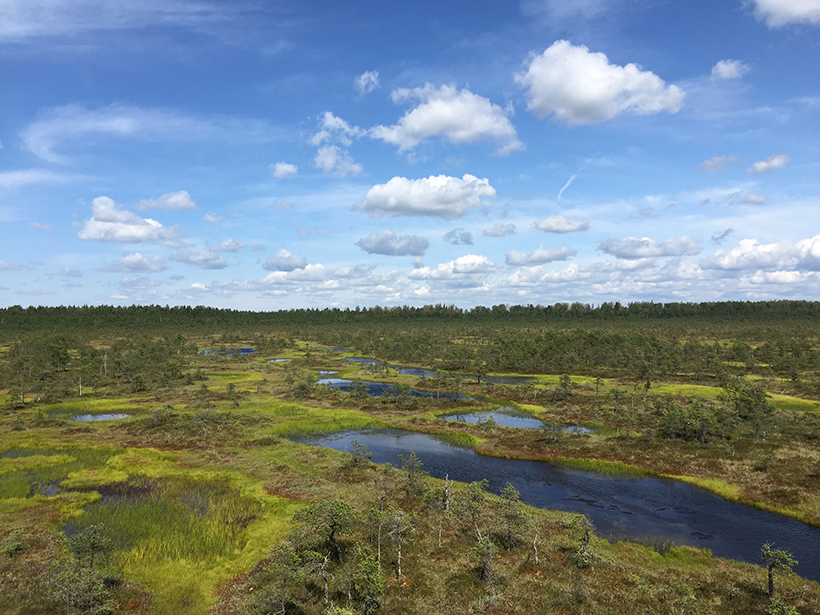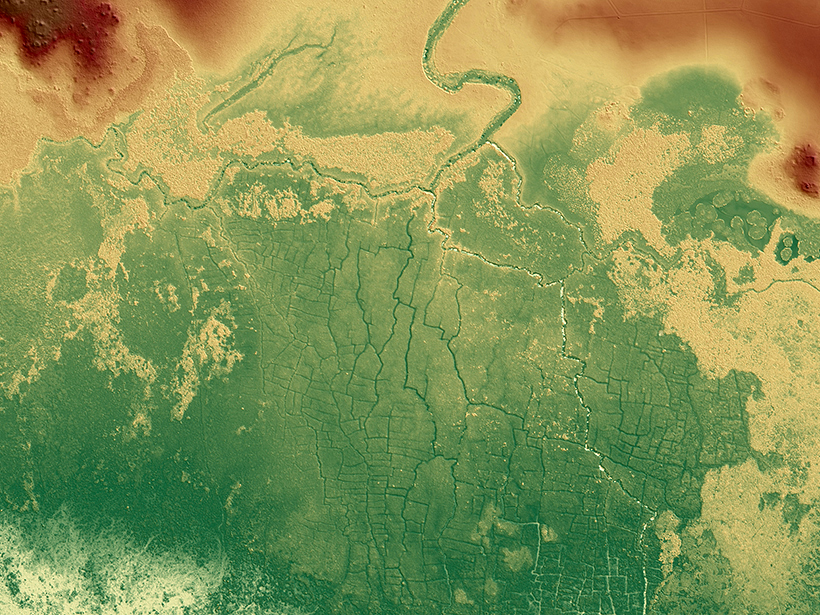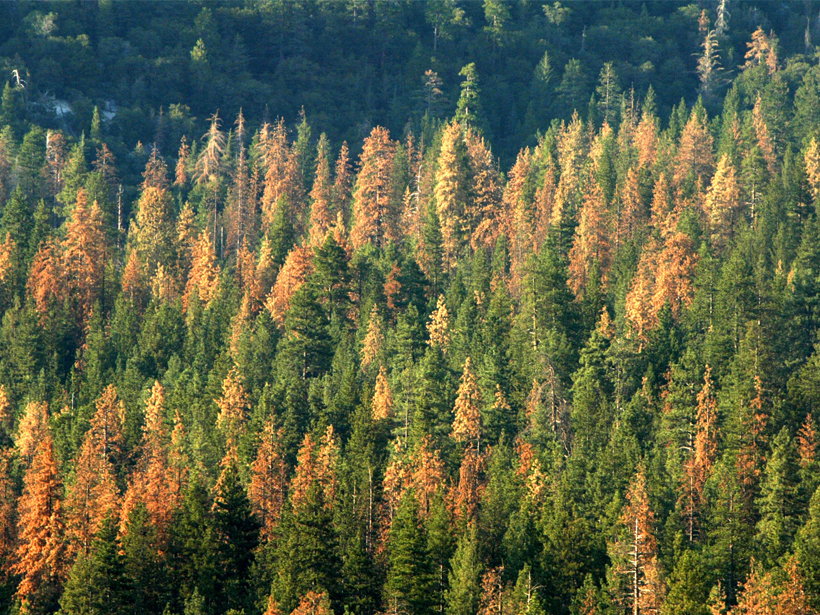Experiments at Sun-like temperatures show that certain elements absorb more light than solar models predict, creating uncertainties for stellar science.
News
Dusting Off the Arid Antiquity of the Sahara
New research on the geochemistry of Canary Islands paleosols shows that the Sahara has been an arid dust producer for at least 4.8 million years.
Deforestation Could Exacerbate Drought in the Amazon
Researchers use high-resolution satellite images to parse the effects of land use changes on the energy balance between the rain forest and the atmosphere.
Celebrating Scientists and Other News of the Week
What Earth and space science stories are we recommending?
Equity Concerns Raised in Federal Flood Property Buyouts
The communities most in need of federal property buyouts after a flood are the communities least likely to get them.
Gravel Gives Clues to the Strength of Paleotsunamis
The roundness of sediment deposits may shed light on how big tsunamis were in the past and how to evaluate hazards in the future.
Groups Oppose Cuts to Federal Advisory Committees
Dozens of groups call for President Donald Trump to rescind an executive order that they say would arbitrarily eliminate essential advice to inform government decision-making.
Resilient Peatlands Keep Carbon Bogged Down
Boreal peatlands contain some of the world’s largest reservoirs of soil carbon, and new research suggests some peatlands may hold on to that carbon even as the climate changes.
Ancient Maya Farms Revealed by Laser Scanning
One agricultural network was 5 times larger than earlier estimates, and the fields may be an early source of human-caused greenhouse gas emissions.
Foretelling Forest Death from Above
A satellite-based early-warning signal may spot the start of a forest’s decline and give forest managers more time to save its life.

